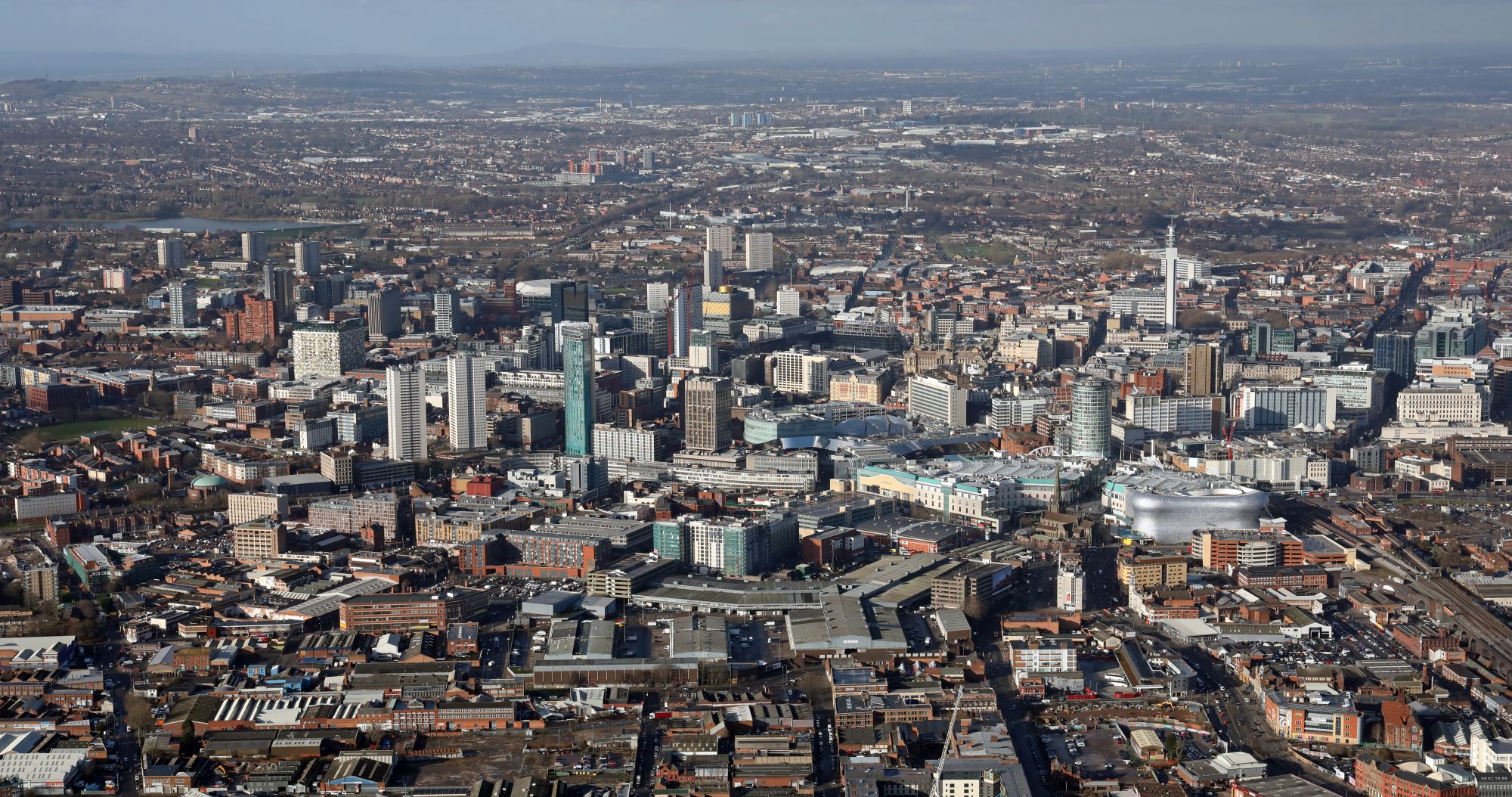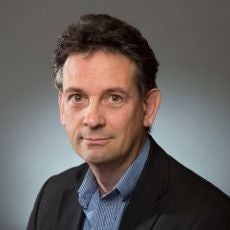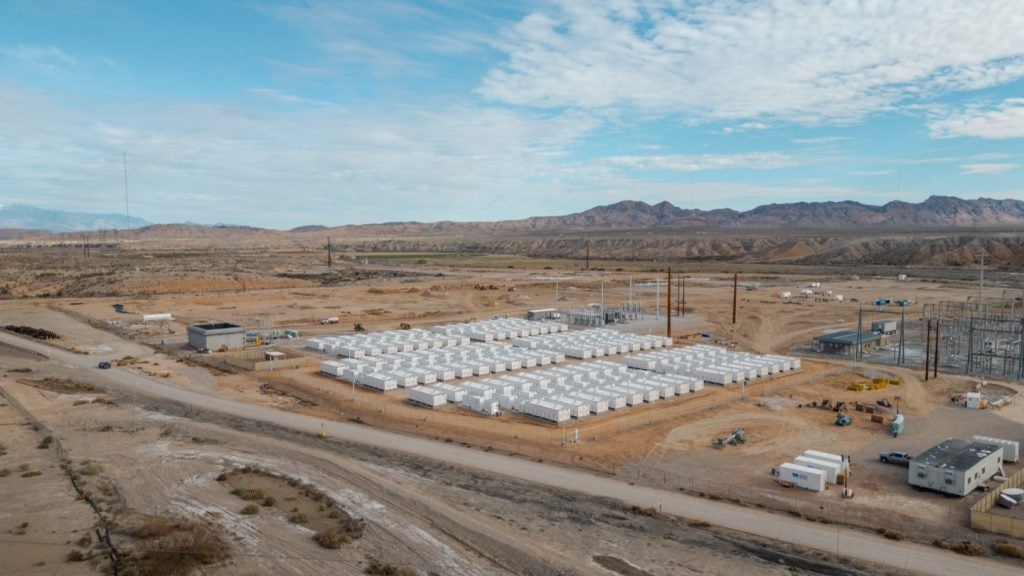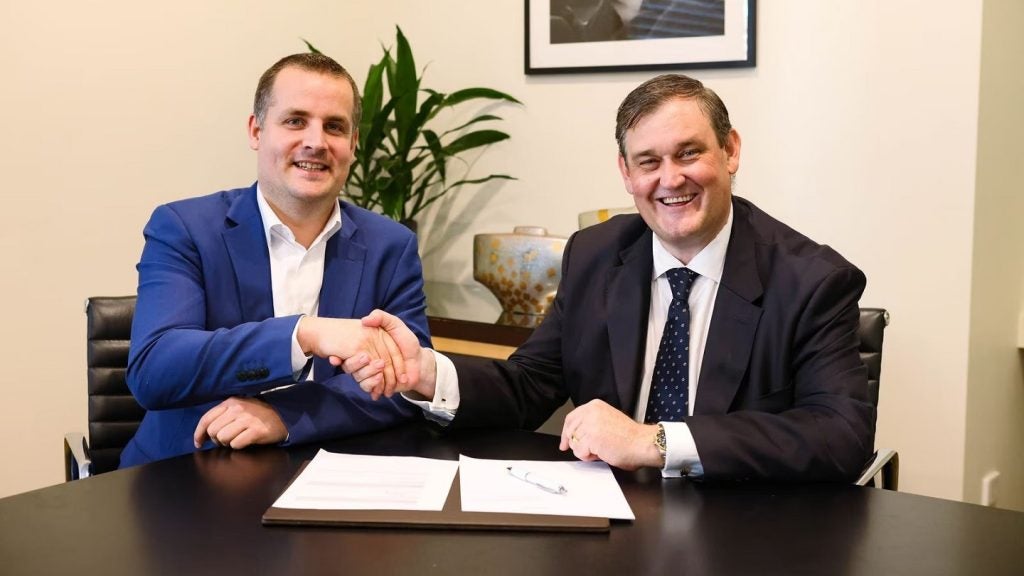
Given its history as a centre of British manufacturing, one could be forgiven for being surprised that Birmingham plays host to a significant development of green industry. In the outskirts of the south-east of the city, Tyseley Energy Park (TEP) plays host to several projects that would supply major development in the coming years. The park has been a success; it was recently awarded £300,000 ($381,000) from public body Innovate UK to further develop its net zero delivery plans in East Birmingham.
The first phase of the project, which has been active since 2010, was the construction of a 10MW waste wood biomass power plant to provide sustainable power to much of the site. The recipients include wire manufacturers Webster and Horsefall, who have had premises on the site since 1720. The site also plays host to the UK’s first low- and zero-carbon refuelling station, which offers hydrogen, compressed natural gas, biodiesel and electric vehicle charging options for the general public, as well as providing fuel for the hydrogen-powered city buses owned by Birmingham City Council.
In July 2021, the Birmingham Energy Innovation Centre opened on the site. This £7m ($8.9m) facility is home to research and development centres, allowing University of Birmingham researchers to work alongside energy stakeholders on collaborative research driving the green transition. The founders of the project see the university as a key part of the successful future of TEP, as David Horsfall, TEP director, noted in May 2020: “The collaboration between Tyseley Energy Park and the University of Birmingham is already starting to see transformational change in Tyseley and Hay Mills.
“The delivery of the Sustainable Energy Research and Innovation Centre is a great step forward that will accelerate the transition to a zero-carbon future in Birmingham.
We look forward to driving clean growth and tackling key societal challenges such as energy poverty, poor air quality and delivering jobs and investment into one of the most deprived areas of Birmingham.”
See Also:
The university’s connections to the project run deep: rare earth recycling company HyProMag, which was formed by researchers from the University of Birmingham’s School of Metallurgy and Materials, is to be acquired by Maginito Ltd in a deal that makes it the UK’s first rare earth recycling facility on the site.
How well do you really know your competitors?
Access the most comprehensive Company Profiles on the market, powered by GlobalData. Save hours of research. Gain competitive edge.

Thank you!
Your download email will arrive shortly
Not ready to buy yet? Download a free sample
We are confident about the unique quality of our Company Profiles. However, we want you to make the most beneficial decision for your business, so we offer a free sample that you can download by submitting the below form
By GlobalDataCommenting on the news, Jerel Whittingham, head of enterprise acceleration at University of Birmingham Enterprise, said: “The strategic, economic and environmental importance of recycling rare earth metals is now widely recognised, and it has been pleasing to note the continuing growth of HyProMag’s partnership with Maginito since the company was established in 2018, using IP developed at the University of Birmingham.
“The acquisition of HyProMag, including its facility at Tyseley Energy Park, is the ultimate validation of the value they have identified in HyProMag’s unique capabilities.”
From UK Government ministers and local city officials, to delegations from South Korea and the US, the cutting-edge research taking place at TEP has been of great interest to those invested in the green transition.
Professor Martin Freer is the Director of the Birmingham Energy Institute at the University of Birmingham, who led the development of the Birmingham Energy Innovation Hub and the co-development of TEP. An expert in developing power technology, his expertise has been key in the continued success of the TEP project.

Kit Million Ross: In brief, what are the main goals of the Tyseley Energy Park project?
Martin Freer: The project is a platform to demonstrate new energy technologies in an urban environment which integrates the challenges of delivering net zero, low-carbon/low-emissions transport and the circular economy. It supports this through access to land, facilities, green power, green hydrogen and research and innovation support.
Kit Million Ross : In your view, what are the most significant developments/achievements to have come out of TEP in recent years?
Martin Freer: The main achievements are the creation of the 10MW advanced gasification biomass plant, providing green power to the site, the construction of the one-tonne-per-day hydrogen refuelling station, the construction of the Birmingham Energy Innovation Centre, which brings together over £20m of research and innovation projects, and the establishment of a business incubator to support green/cleantech businesses.
Kit Million Ross : How is the University’s involvement aiding the project?
Martin Freer: TEP is co-run by the University of Birmingham and Webster and Horsfall Group. The university’s role is to provide state-of-the-art research facilities and expertise to help support the development of the energy park and businesses. The international standing of the university provides international exposure to the TEP activities.
Kit Million Ross : What are your hopes for TEP over the next 5-10 years?
Martin Freer: That TEP will grow into a Green Innovation Quarter encompassing the whole of the 400 acres of the Tyseley Environmental Enterprise District. This would be a location in which companies were provided with renewable energy to produce green goods and services.
Kit Million Ross : How is the project benefitting the local community, and how do you think this will continue in the future?
Martin Freer: There is a desire to make TEP part of the community. We have open days, the local councillor holds ward at TEP and we have run projects explicitly focussed on the community. The best example is the redevelopment of parts of the river Cole and the surrounding green space, building play areas and meeting spaces for the community. Longer term, there is a hope that the businesses that locate here provide jobs and reskilling opportunities for the local community.







